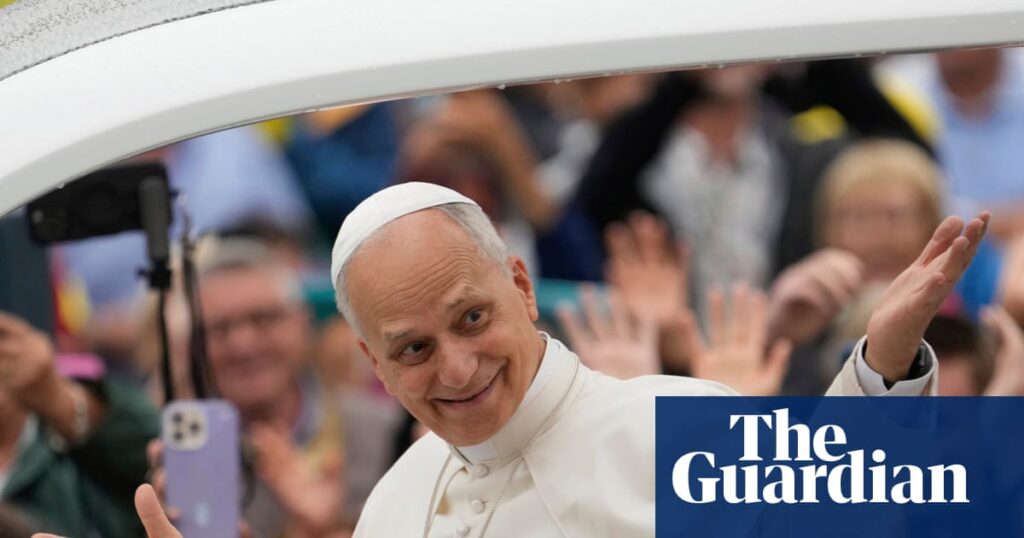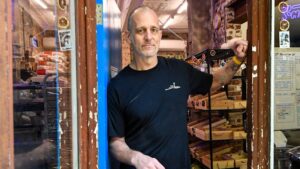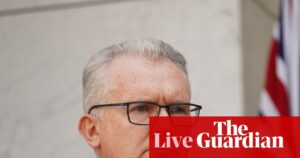
Pope Leo has expressed deep concern over the widening pay gap between the rich and the poor, highlighting the example of Elon Musk, who is potentially on track to become the world’s first trillionaire. In his first media interview, the pontiff remarked, “we’re in big trouble”, as he criticized the massive executive pay packages that exacerbate economic disparities.
The pope’s comments came during an interview with Elise Ann Allen, a senior correspondent with the Catholic newspaper Crux, as part of a forthcoming biography. Reflecting on global polarization, Pope Leo identified the “continuously wider gap between the income levels of the working class and the money that the wealthiest receive” as a significant factor.
Pope’s Concerns Over Executive Compensation
Pope Leo drew attention to the stark contrast in CEO compensation over the decades.
“CEOs that 60 years ago might have been making four to six times more than what the workers are receiving … 600 times more [now],” he stated, emphasizing the dramatic shift in income distribution.
The pontiff’s remarks were sparked by recent news of Tesla’s proposed trillion-dollar pay package for Musk. If approved, it would set a new precedent in corporate history. The electric car maker’s board announced that Musk, Tesla’s chief executive and largest shareholder, could receive this unprecedented compensation if he meets specific targets over the next decade.
Unprecedented Incentive Package
Tesla outlined the ambitious incentive package in a stock market update, stating,
“Yes, you read that correctly.”
For Musk to earn the full package, he must increase Tesla’s value from just over $1 trillion to $8.5 trillion within ten years. This proposal has sparked widespread debate about the ethics and implications of such enormous executive compensation.
Meanwhile, Musk’s ownership of other ventures like X.com and SpaceX further amplifies his financial influence, raising questions about wealth concentration and its societal impacts.
Pope Leo’s First Months and Political Stance
Elected in May as the first US pope following the death of Pope Francis, Leo has had a significant impact during his initial months as pontiff. He acknowledged the challenges ahead, stating, “There’s still a huge learning curve ahead of me.” Despite being more low-key than his predecessor, Leo shares similar progressive political views.
Pope Francis often clashed with former US President Donald Trump over immigration policies, a stance that Leo, formerly Cardinal Robert Prevost, also supported. Before becoming pope, Leo criticized Trump’s policies on his X account, indicating his commitment to social justice issues.
In an attempt to foster positive relations, Brian Burch, Trump’s new ambassador to the Vatican, presented Leo with a chocolate birthday cake during a meeting on Saturday. This gesture aimed to mend the previously strained relations between the Vatican and the Trump administration.
Implications and Future Outlook
Pope Leo’s critique of Musk’s proposed pay package highlights a broader concern about income inequality and its consequences for global stability. The pontiff’s remarks resonate with ongoing debates about the ethical responsibilities of the ultra-wealthy and the role of corporate governance in addressing economic disparities.
As discussions around executive compensation continue, the world will be watching how Tesla’s board and shareholders respond to the proposed package. The outcome could set a precedent for future corporate governance and executive pay practices, influencing both economic policies and public perception.
Looking ahead, Pope Leo’s leadership may further shape the Catholic Church’s engagement with social and economic issues, potentially influencing broader societal attitudes toward wealth distribution and social justice.






